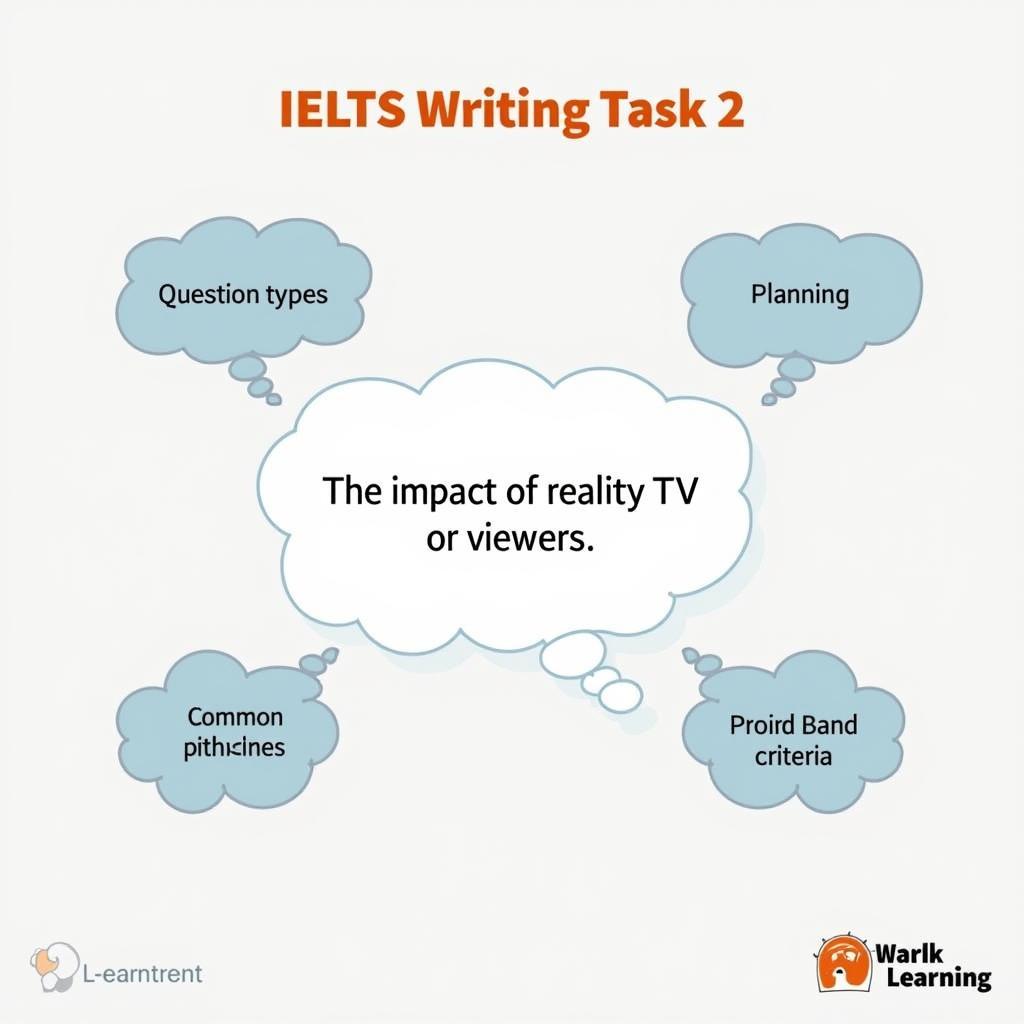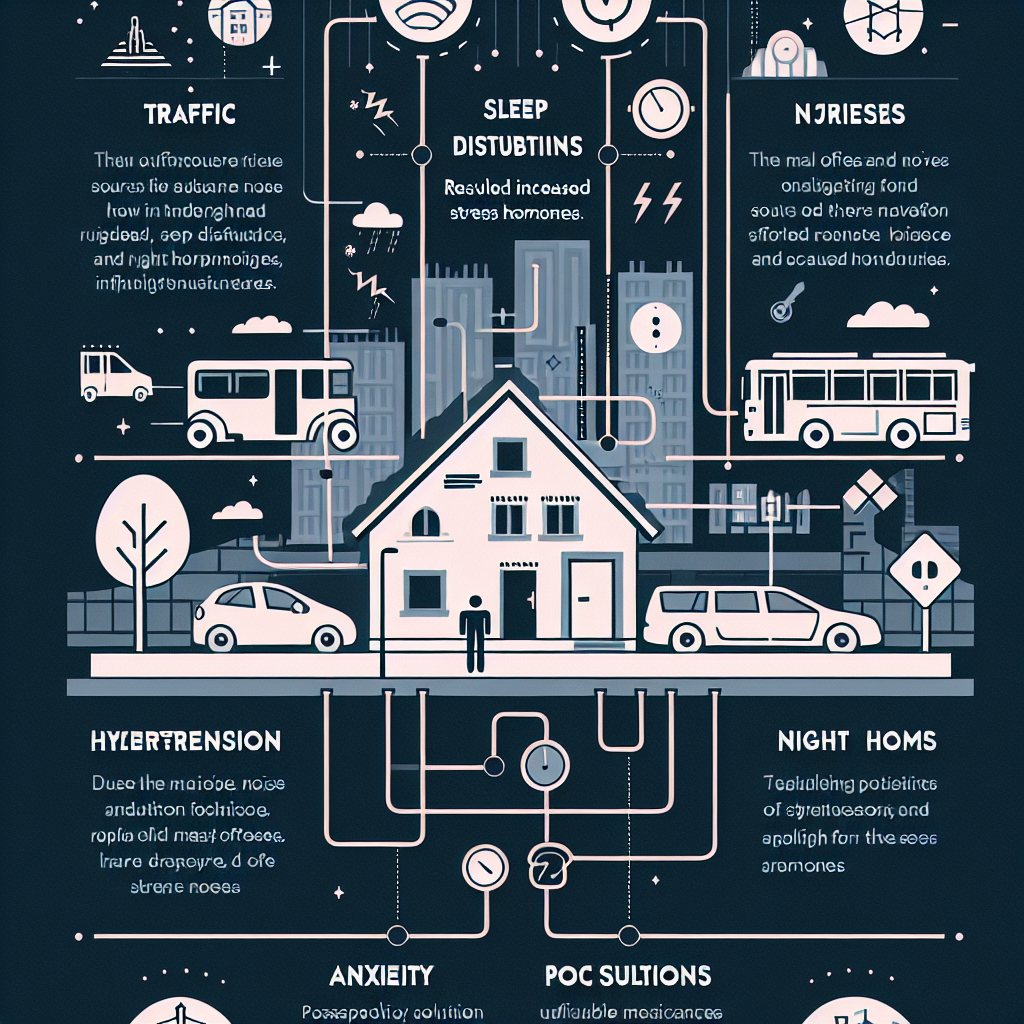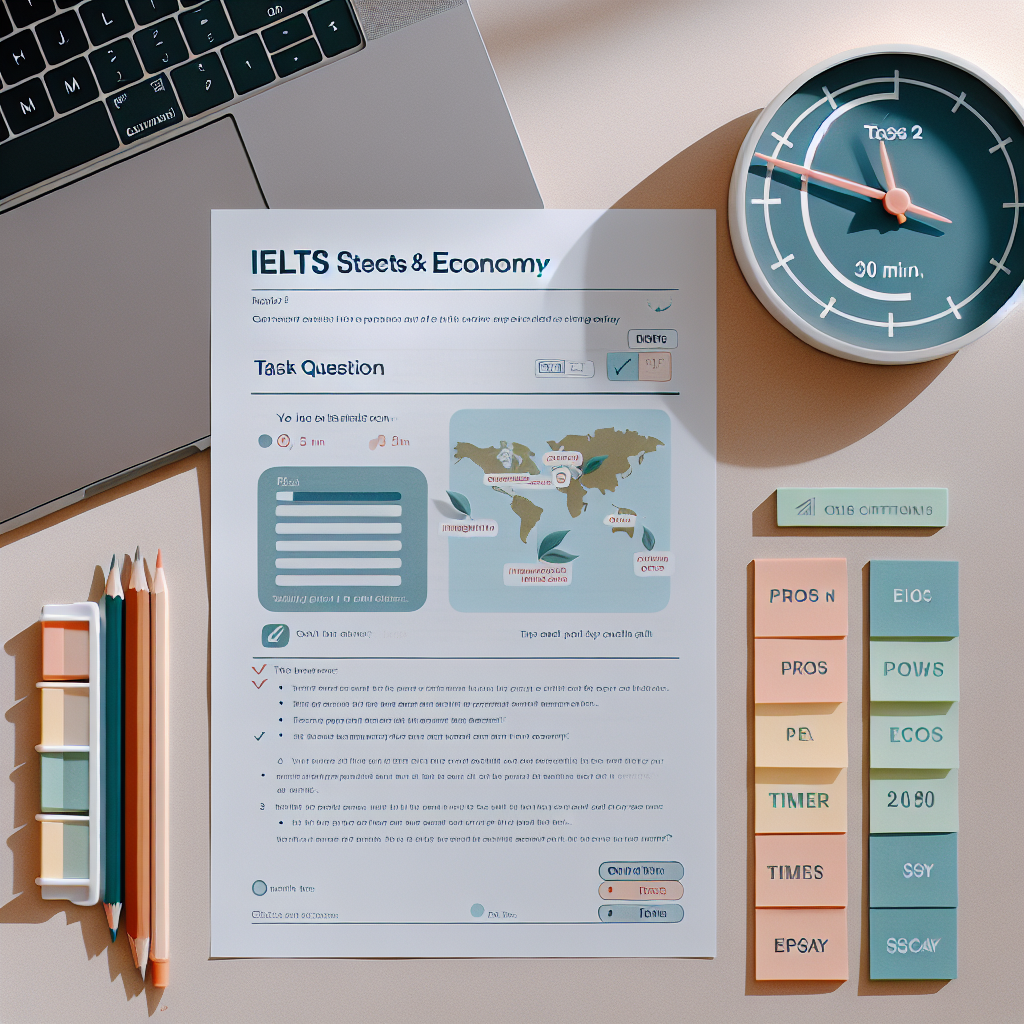Introduction
The role of zoos in conservation appears frequently in IELTS Writing Task 2 because it combines ethics, science, and public policy—areas ripe for debate and evidence-based argumentation. Examiners love this topic: it tests your ability to present balanced arguments, use specific examples, and handle nuanced vocabulary such as conservation, captivity, reintroduction, and animal welfare. In this lesson, you will learn how to analyze a real exam-style question, plan effectively, and write Band 6, 7, and 9 essays—with clear feedback on how to move up the bands. You will also get a practical vocabulary bank and high-scoring sentence patterns tailored to this theme.
Table Of Contents
- Introduction
- 1. Question & Analysis: The role of zoos in conservation
- 2. Band 8-9 Sample Essay on The role of zoos in conservation
- Band Score Analysis
- 3. Band 6.5-7 Sample Essay on The role of zoos in conservation
- Band Score Analysis
- 4. Band 5-6 Sample Essay on The role of zoos in conservation
- Band Score Analysis
- 5. Essential Vocabulary for The role of zoos in conservation
- 6. High-Scoring Sentence Structures for The role of zoos in conservation
- 7. Self-Assessment Checklist
- Conclusion
Verified past questions on this topic include:
- IELTS Liz (Zoos topic; widely used and reported by test-takers): “Some people think that zoos are cruel and should be closed down. Others, however, believe that zoos can be useful in protecting wild animals. Discuss both views and give your own opinion.”
- IELTS-Blog (reported test): “Some people believe animals should not be kept in zoos, while others say zoos play an important role in conservation and education. Discuss both views and give your opinion.”
- British Council sample theme: “Wild animals should not be kept in captivity. To what extent do you agree or disagree?” (Conservation and captivity often form the core of the discussion.)
For readers exploring the ethics behind this debate, a useful companion reading is this perspective on whether we should zoos be banned for ethical reasons.
1. Question & Analysis: The role of zoos in conservation
Some people think that zoos are cruel and should be closed down. Others, however, believe that zoos can be useful in protecting wild animals. Discuss both views and give your own opinion.
- Question type: Discuss both views + give your opinion.
- Requirements: Present both perspectives fairly, support them with clear reasons/examples, and state your own view explicitly in the introduction and conclusion.
- Key terms:
- “Cruel” implies poor welfare, confinement stress, stereotypic behavior, and ethical objections.
- “Protecting wild animals” includes ex-situ conservation (captive breeding, genetic management), research, funding for in-situ (in the wild) projects, and public education that changes behavior.
- Common pitfalls:
- Taking a one-sided approach and barely covering the opposite view.
- Using vague examples (“zoos help animals”) without specifics (e.g., reintroduction of the Arabian oryx).
- Confusing education with entertainment or ignoring welfare standards differences across countries.
- Strategic approach:
- Plan two balanced body paragraphs: one on cruelty/welfare, one on conservation/education.
- Adopt a clear position, e.g., conditionally supporting modern, accredited zoos with strict welfare and reintroduction targets.
- Use precise terms: ex-situ, in-situ, rewilding, genetic diversity, enrichment, habitat fragmentation.
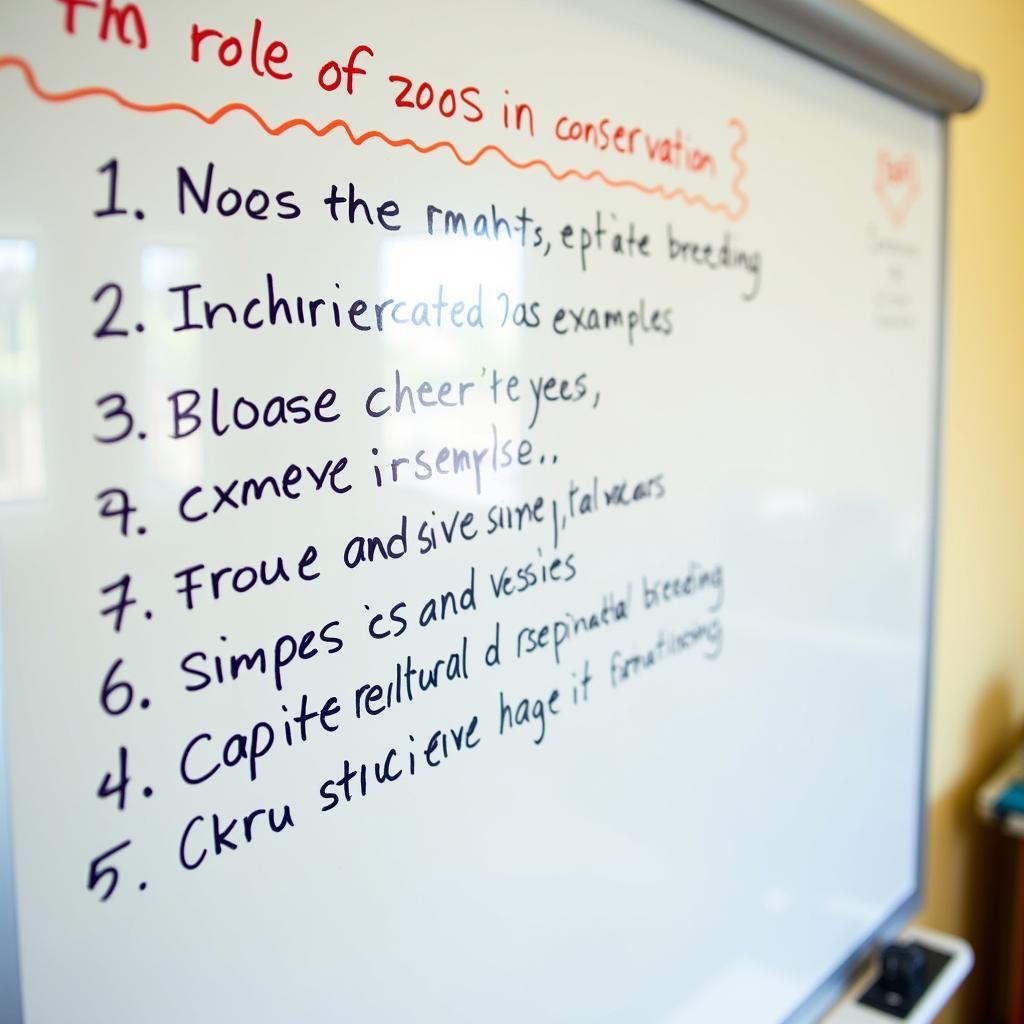 IELTS Writing Task 2 on the role of zoos in conservation and ethics
IELTS Writing Task 2 on the role of zoos in conservation and ethics
2. Band 8-9 Sample Essay on The role of zoos in conservation
Band 8–9 essays present a clear, nuanced stance, develop ideas with specific examples, and use precise vocabulary and flexible grammar.
Essay (≈300 words)
In recent decades, zoos have come under intense scrutiny. While critics argue that captivity is inherently cruel, others maintain that modern zoos are indispensable to conservation. This essay argues that accredited, science-driven zoos play a legitimate—though limited—role in safeguarding biodiversity, provided strict welfare and reintroduction standards are enforced.
Opponents of zoos point to ethical and welfare concerns. Confining intelligent, wide-ranging species, such as elephants or big cats, can lead to stereotypic behaviors—pacing, head-bobbing—that signal chronic stress. Furthermore, poorly regulated facilities may prioritize ticket sales over enrichment, veterinary care, or naturalistic enclosures. There is also the moral argument: if animals are autonomous beings, using them for entertainment is unjustifiable. Such criticisms are not abstract; high-profile incidents and investigative reports have revealed significant welfare violations in some institutions.
Yet dismissing all zoos overlooks their conservation value. Ex-situ conservation programs maintain genetic diversity for critically endangered species when in-situ protection fails due to poaching or habitat loss. The Arabian oryx and Przewalski’s horse are often cited reintroduction successes made possible by captive breeding and international cooperation. In parallel, progressive zoos channel substantial funding to habitat protection and species recovery plans, and their education programmes can shift public behavior—from sustainable seafood choices to supporting anti-poaching initiatives.
The way forward is not abolition but conditional legitimacy. Only institutions that meet rigorous welfare benchmarks, contribute to coordinated breeding programs, publish peer-reviewed research, and demonstrate measurable reintroduction or in-situ impact should operate. Facilities that function as mere menageries should be phased out and replaced by wildlife reserves or sanctuaries.
In sum, zoos are not a panacea, but when governed by science and ethics, they can be a crucial tool in the conservation toolbox.
Band Score Analysis
| Criteria | Band | Justification |
|---|---|---|
| Task Response | 9 | Fully addresses both views and a clear position; supports claims with specific, relevant examples (Arabian oryx, Przewalski’s horse). Insightful recommendations. |
| Coherence & Cohesion | 8 | Logical sequencing, clear paragraphing, and effective referencing; cohesive devices are varied and natural. Minor density of ideas but still well-controlled. |
| Lexical Resource | 9 | Precise topic lexis: ex-situ/in-situ, enrichment, stereotypic behaviors, reintroduction, genetic diversity. Collocations are accurate and sophisticated. |
| Grammatical Range & Accuracy | 8 | Wide range (conditionals, non-defining clauses, parallel structures) with rare, insignificant slips. Excellent control of complex sentences. |
Why it excels (examples):
- Sharply stated thesis with conditions: “accredited, science-driven… provided strict standards.”
- Balanced treatment of ethics and utility; neither is caricatured.
- Specific evidence: named species and mechanisms (captive breeding, funding to in-situ).
- Advanced vocabulary used naturally: “conditional legitimacy,” “menageries,” “panacea.”
- Clear recommendations aligned with thesis (welfare benchmarks, peer-reviewed research).
- Cohesive links: “Yet,” “In parallel,” “The way forward,” “In sum.”
- Varied grammar: concessive structures, non-defining clauses, complex noun phrases.
For a broader ethical frame beyond conservation, see how this question is debated in “Are zoos necessary for conservation or unethical” here: Are zoos necessary for conservation or unethical.
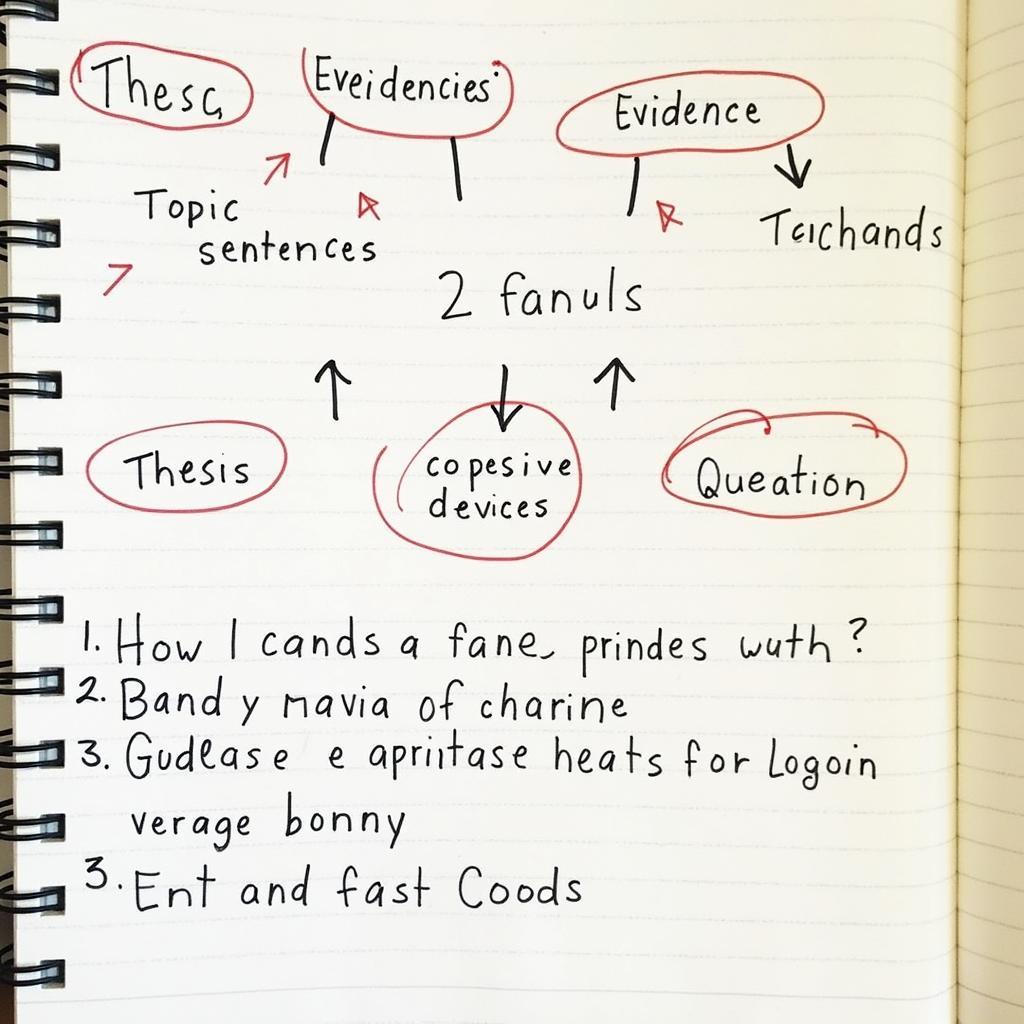 Band 9 essay structure on zoos and conservation with cohesive devices highlighted
Band 9 essay structure on zoos and conservation with cohesive devices highlighted
3. Band 6.5-7 Sample Essay on The role of zoos in conservation
Band 6.5–7 essays are clear and relevant, but may be less concise, with occasional lexical or structural inaccuracies.
Essay (≈265 words)
Many people think zoos are cruel places where animals are locked up, while others believe they are important for conservation and education. In my opinion, modern zoos can help protect endangered species if they meet high welfare standards and work with scientists.
On the one hand, critics argue that animals suffer in small cages or unnatural enclosures. For example, large mammals need space to roam, and when they cannot, they may develop unhealthy repetitive movements. Also, some zoos focus too much on entertainment, like animal shows, instead of proper care or improving living conditions. From an ethical viewpoint, keeping animals for human enjoyment seems unfair, especially if the zoo does not provide enrichment or proper medical care.
On the other hand, zoos can support conservation in several ways. They can run breeding programs for critically endangered species and keep genetic diversity stable. Some animals have been reintroduced to the wild thanks to cooperation between international zoos and wildlife organizations. Also, zoos educate the public about threats like habitat loss and encourage people to donate or change their consumption habits. However, to be truly useful, zoos should publish research, use naturalistic enclosures, and invest money in protecting habitats in the wild.
In conclusion, zoos are not perfect, but responsible institutions can make a positive difference for conservation and public awareness. Governments should close low-quality facilities and support those that reach strict global standards.
Band Score Analysis
| Criteria | Band | Justification |
|---|---|---|
| Task Response | 7 | Addresses both sides with a clear opinion; examples and recommendations are relevant though less specific than Band 9. |
| Coherence & Cohesion | 7 | Logical organization with clear topic sentences; some repetitive linking but overall progression is clear. |
| Lexical Resource | 7 | Adequate range with some topic lexis; occasional general wording (“unhealthy repetitive movements”) instead of technical terms. |
| Grammatical Range & Accuracy | 6.5 | Mix of simple and complex sentences; mostly accurate with minor tense/preposition slips and some repetition. |
Direct comparison with Band 8-9:
- Evidence depth: Band 9 names species and methods; Band 7 keeps examples general.
- Lexis precision: Band 9 uses “ex-situ/in-situ,” “enrichment”; Band 7 uses more general descriptions.
- Recommendations: Band 9 sets measurable criteria; Band 7 uses broader goals.
- Cohesion: Band 9 varies linkers and uses subtle referencing; Band 7 repeats standard connectors.
- Argument nuance: Band 9 recognizes limits and conditional legitimacy; Band 7 supports but with fewer caveats.
If your essay focuses on what zoos should prioritize, compare your approach with this perspective: should zoos focus on species conservation.
4. Band 5-6 Sample Essay on The role of zoos in conservation
Band 5–6 essays usually address the topic but have limited development, noticeable language errors, and/or organizational issues.
Essay (≈260 words) with error highlighting
Some people say zoos are bad and must be close. Others say zoos help animals and teach people. In my view zoos is helpful because they can save animals from danger nature and from hunters.
Firstly, zoos keep animals safe. For example, when forest are cut down, animals have no place to live. If they staying in zoos, they will have food and medicine. Also, children can learn about animals in real life, not only by internet. However some zoos only want profit they don’t care enough, and animals get bored because there is not enough spaces.
Secondly, zoos can do breedings program and send animals back to wild. This is very good program for saving endangered animals. But sometime this programs is expensive and difficult, so not every zoo can do it. Although zoos help a lot, but we must check them by government.
In conclusion, I believe zoos are useful for conservation and education. But the bad zoos should be close and the good zoos should get support and more fund.
Band Score Analysis
| Criteria | Band | Justification |
|---|---|---|
| Task Response | 6 | Addresses both sides briefly and gives an opinion, but development is uneven and examples are basic. |
| Coherence & Cohesion | 6 | Basic paragraphing; some weak logical flow and repetitive linking; occasional run-ons. |
| Lexical Resource | 5.5 | Limited range; several word-choice errors and non-standard collocations (“danger nature,” “breedings program”). |
| Grammatical Range & Accuracy | 5.5 | Frequent errors with S-V agreement, articles, plurals, and complex sentences; meaning generally clear. |
Error analysis and corrections
| Mistake | Correction |
|---|---|
| In my view zoos is helpful | In my view, zoos are helpful |
| danger nature | dangerous natural environments / dangers in nature |
| If they staying in zoos | If they stay in zoos |
| by internet | on the internet |
| However some zoos only want profit they don’t care enough | However, some zoos focus on profit and do not provide adequate care |
| there is not enough spaces | there is not enough space / there are not enough spaces |
| breedings program | breeding programs |
| very good program for saving | a very effective way to save |
| sometime this programs is | sometimes these programs are |
| Although zoos help a lot, but | Although zoos help a lot, … / Zoos help a lot, but … |
| be close | be closed |
| more fund | more funding |
How to improve from Band 6 to 7
- Replace vague claims with specific, relevant examples (e.g., named species, reintroduction case studies).
- Fix core grammar: articles, plurals, subject–verb agreement, and complex sentence accuracy.
- Upgrade lexis: use “captive breeding,” “enrichment,” “habitat loss,” “reintroduction,” “ethical oversight.”
- Present balanced reasoning and avoid contradictory linkers (do not use “Although … but …”).
- Add clear topic sentences and logical transitions between ideas.
A useful contrast for alternatives to traditional zoos can be found here: should zoos be replaced by wildlife reserves.
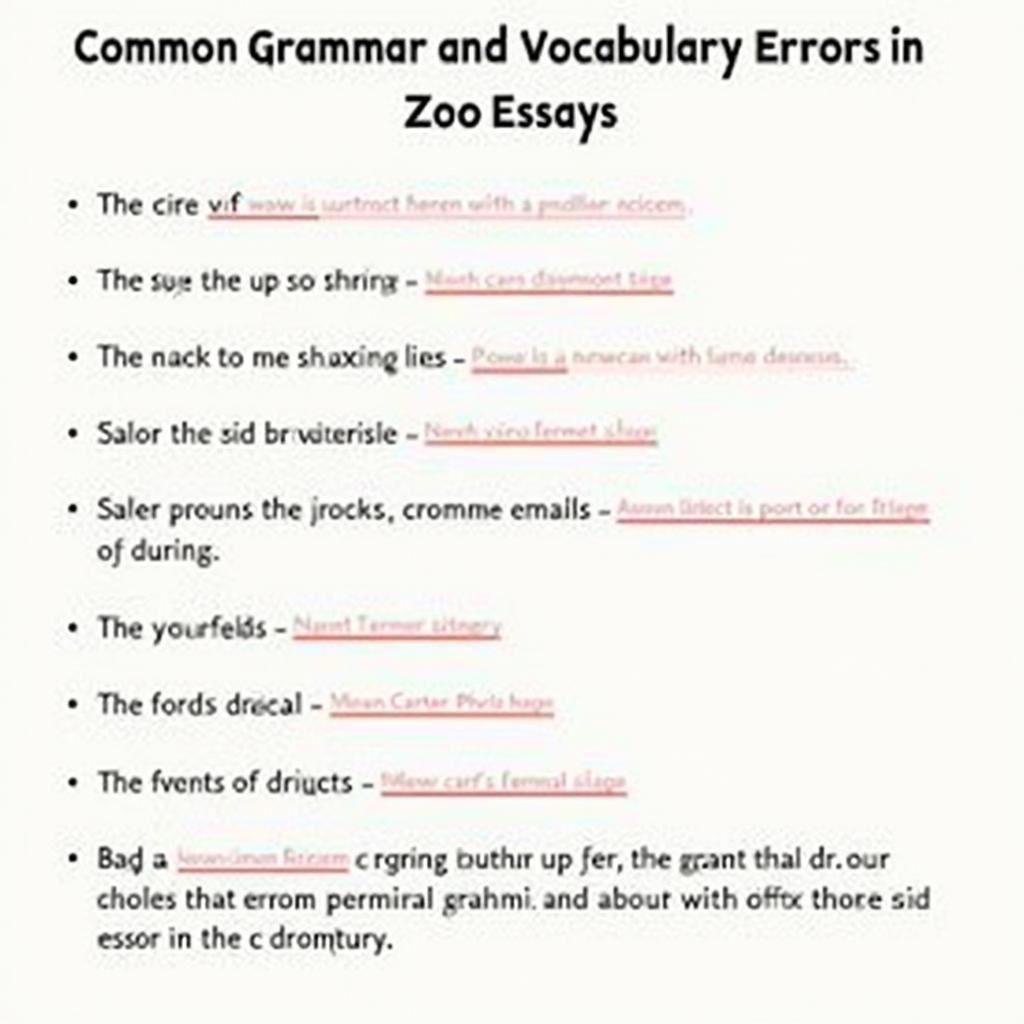 Common Band 6 errors in IELTS essays about zoos and conservation
Common Band 6 errors in IELTS essays about zoos and conservation
5. Essential Vocabulary for The role of zoos in conservation
| Word/Phrase | Type | Pronunciation | Definition | Example and Collocations |
|---|---|---|---|---|
| ex-situ conservation | noun | /ˌɛkˈsɪt.uː/ | Protecting species outside their natural habitats | Ex-situ conservation, including captive breeding, can prevent extinction. Collocations: ex-situ programs, ex-situ breeding |
| in-situ conservation | noun | /ɪnˈsɪt.juː/ | Protecting species within their natural habitats | Funding in-situ conservation is essential for long-term survival. Collocations: in-situ projects, in-situ protection |
| captive breeding | noun | /ˈkæptɪv ˈbriːdɪŋ/ | Breeding animals in controlled environments | Zoos coordinate captive breeding for genetic diversity. Collocations: captive breeding program |
| reintroduction | noun | /ˌriːɪntrəˈdʌkʃən/ | Returning species to their native habitats | Successful reintroduction requires disease screening. Collocations: reintroduction program |
| enrichment | noun | /ɪnˈrɪtʃ.mənt/ | Activities that enhance animal welfare in captivity | Daily enrichment reduces stereotypic behavior. Collocations: behavioral enrichment |
| habitat fragmentation | noun | /ˈhæbɪtæt ˌfræɡmənˈteɪʃən/ | Breaking habitats into smaller, isolated patches | Habitat fragmentation increases extinction risk. |
| genetic diversity | noun | /dʒəˈnɛtɪk daɪˈvɜːsɪti/ | Variation in genes within a species | Genetic diversity buffers populations against disease. |
| ethical oversight | noun | /ˈɛθɪkəl ˈoʊvərsaɪt/ | Monitoring to ensure moral standards | Ethical oversight committees review animal welfare. |
| public engagement | noun | /ˈpʌblɪk ɪnˈɡeɪdʒmənt/ | Involving the public in issues | Public engagement campaigns promote conservation. |
| allocate funding | collocation | /ˈæləˌkeɪt ˈfʌndɪŋ/ | To set aside money for a purpose | Governments should allocate funding for in-situ projects. |
| measurable impact | collocation | /ˈmɛʒərəbəl ˈɪmpækt/ | Results that can be quantified | Conservation must show measurable impact over time. |
| stringent standards | collocation | /ˈstrɪndʒənt ˈstændərdz/ | Very strict criteria | Only zoos meeting stringent standards should operate. |
| while/whereas | linker | /waɪl/ /weərˈæz/ | Contrast conjunctions | While critics oppose captivity, supporters cite conservation. |
| nonetheless | linker | /ˌnʌnðəˈlɛs/ | Nevertheless; however | The cost is high; nonetheless, outcomes justify it. |
| panacea | noun | /ˌpænəˈsiːə/ | A solution for all problems | Zoos are not a panacea for biodiversity loss. |
6. High-Scoring Sentence Structures for The role of zoos in conservation
- Complex subordination (Although/While/Even if)
- Formula: Although/While + clause, main clause …
- Example: While critics argue that captivity is inherently cruel, modern zoos can contribute to conservation when tightly regulated.
- Why it scores well: Balances opposing ideas; shows control of complex syntax.
- Additional examples:
- Although reintroduction is costly, the ecological payoff can be substantial.
- Even if breeding succeeds, habitat loss can still undermine survival.
- Common mistakes: Avoid “Although … but …”; do not create sentence fragments.
- Non-defining relative clauses
- Formula: Main clause, which/whose + clause, main clause.
- Example: Accredited institutions, which publish peer-reviewed research, deserve public funding.
- Why: Adds precise detail smoothly.
- Additional examples:
- Rewilding, which requires long-term monitoring, is rarely simple.
- The Arabian oryx, whose numbers once collapsed, has recovered.
- Participle phrases
- Formula: -ing/-ed phrase, main clause …
- Example: Recognizing welfare as non-negotiable, policymakers should phase out substandard zoos.
- Why: Concise, advanced compression of ideas.
- Additional examples:
- Facing habitat fragmentation, species need corridors to migrate.
- Informed by science, zoo strategies become more effective.
- Mistakes: Ensure logical subject; avoid dangling modifiers.
- Cleft sentences (It is/was … that …)
- Formula: It is/was + emphasized element + that + clause.
- Example: It is measurable impact that should determine whether a zoo continues to operate.
- Why: Emphasizes key point; boosts rhetorical control.
- Additional examples:
- It is public education that changes consumer behavior.
- It was international cooperation that saved the oryx.
- Advanced conditionals
- Formula: If/Provided that/As long as + clause, main clause …
- Example: Zoos can claim legitimacy provided that they meet stringent welfare standards.
- Why: Clear, conditional reasoning aligned with evaluation.
- Additional examples:
- If habitats are protected, reintroduction becomes viable.
- As long as research informs practice, outcomes improve.
- Mistakes: Keep tense logic consistent.
- Inversion for emphasis
- Formula: Only if/Not until/Never/Rarely + auxiliary + subject + main verb …
- Example: Only when conservation outcomes are transparent do zoos merit public trust.
- Why: Sophisticated emphasis and variety.
- Additional examples:
- Rarely has captivity alone saved a species.
- Not until habitats are restored will populations stabilize.
For further practice on prioritizing conservation aims, see this related discussion: should zoos focus on conservation efforts.
7. Self-Assessment Checklist
Before writing
- Identify question type (e.g., Discuss both views + opinion).
- Underline key terms (cruel, conservation, protecting wild animals).
- Decide your position and 2–3 main reasons.
While writing
- State a direct thesis in the introduction.
- Balance both views with specific examples.
- Use precise topic vocabulary and varied linkers.
After writing
- Check for contradictory linkers (Avoid “Although … but …”).
- Correct S–V agreement, articles, and plural forms.
- Ensure each paragraph has a clear topic sentence and one main idea.
Time management tips
- 3–4 minutes: Analyze and plan.
- 25–28 minutes: Write 4 paragraphs (intro, 2 body, conclusion).
- 3–4 minutes: Edit grammar, vocabulary, and cohesion.
To deepen your understanding of the ethical dimension versus conservation benefit, you can also explore this balanced angle: should zoos be replaced by wildlife reserves.
Conclusion
The role of zoos in conservation is a high-frequency IELTS Writing Task 2 topic because it genuinely tests balanced argumentation, precise vocabulary, and real-world reasoning. Your path to higher band scores is clear: plan a balanced structure, present a conditional and well-justified stance, and support it with accurate examples and topic-specific lexis. If you practice one essay per week using the checklists and structures above, a realistic improvement timeline is 6–8 weeks for many learners. Share your essays below for peer feedback and self-review using the Band 7 and Band 9 models as benchmarks.
For learners who want to evaluate the ethical side more deeply, this discussion may help: should zoos be banned for ethical reasons. To compare arguments for and against conservation roles, read: Are zoos necessary for conservation or unethical. For targeted practice on priorities and policy, see: should zoos focus on species conservation and should zoos focus on conservation efforts. Keep writing, refine your evidence, and aim for measurable improvement in clarity and precision.
